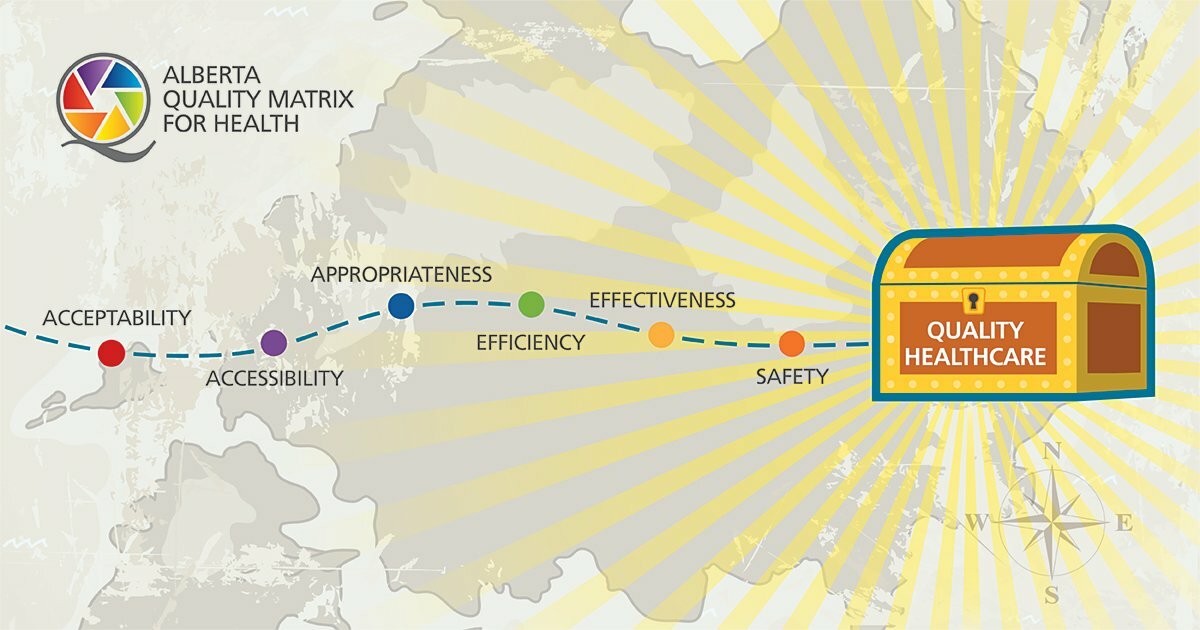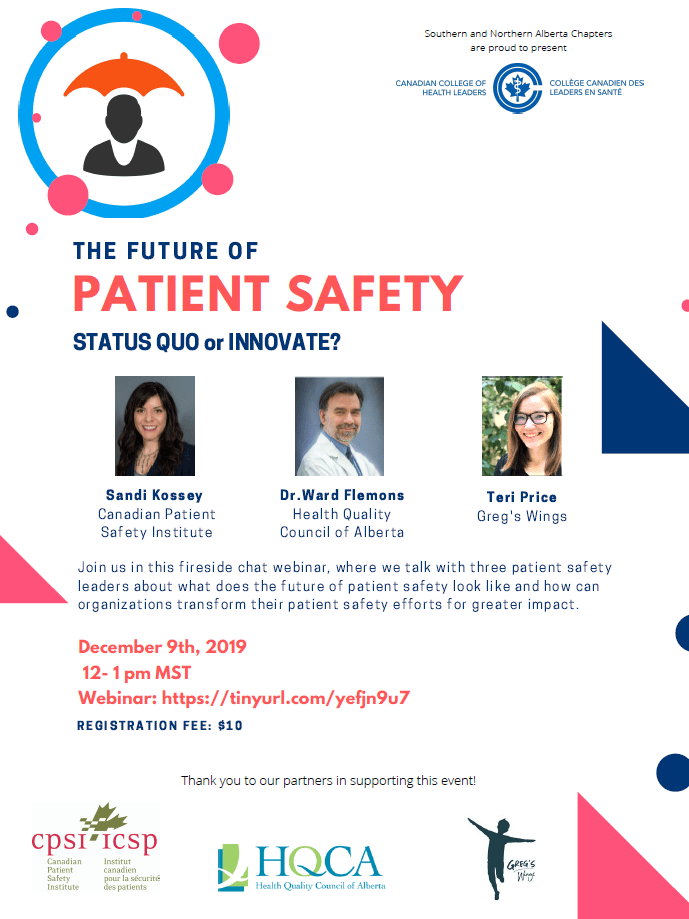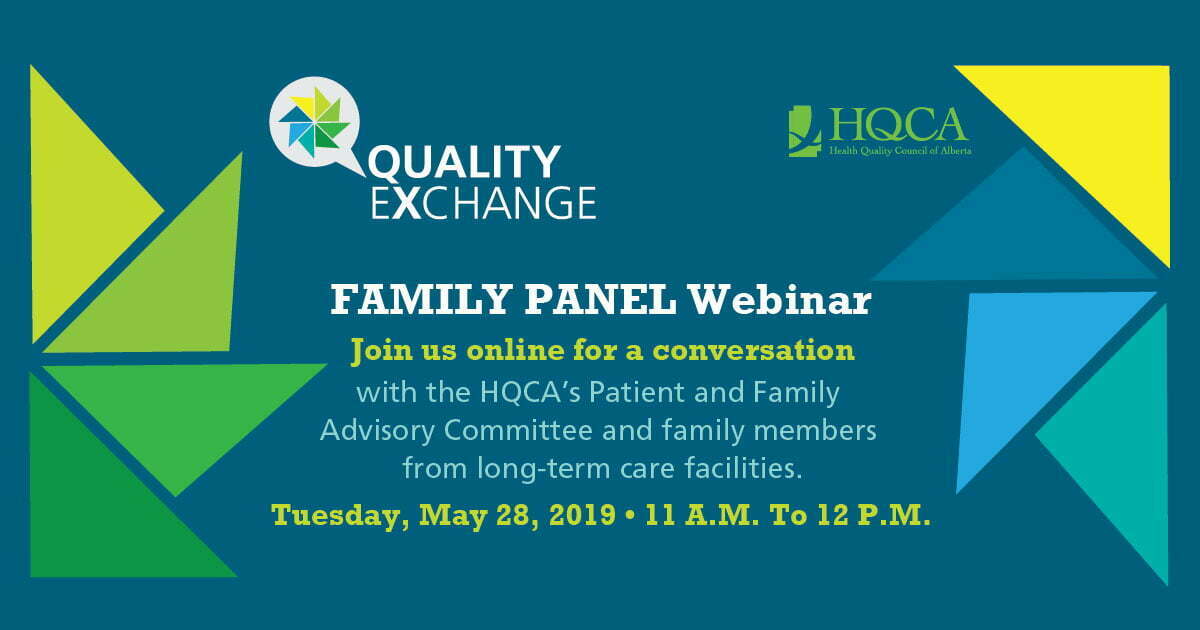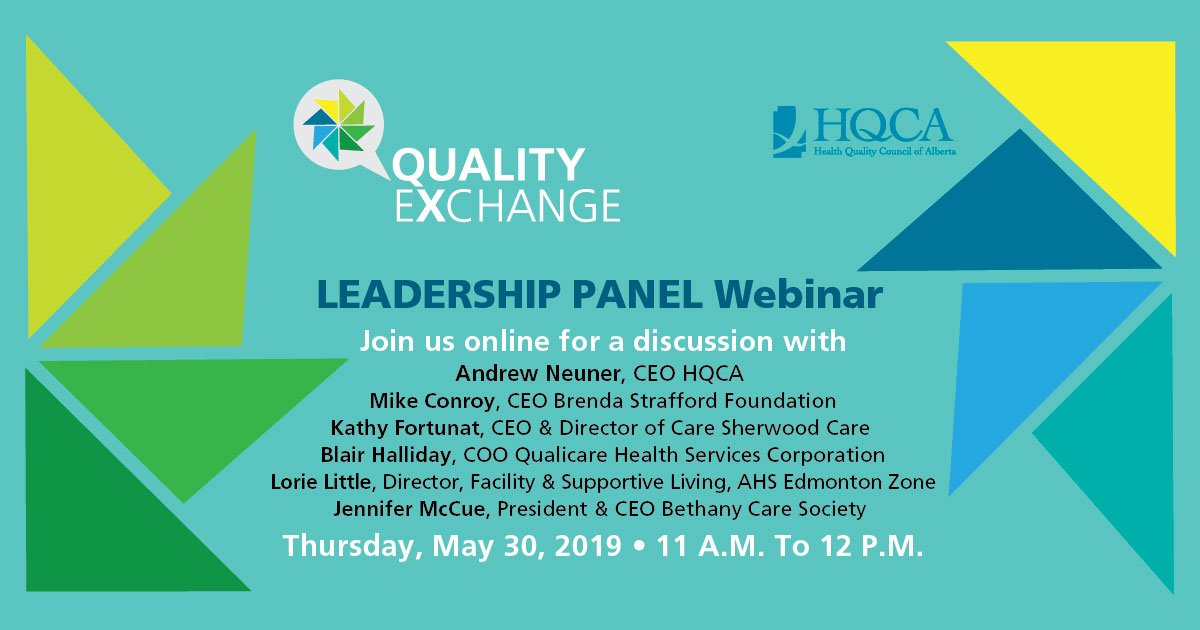Andrew Neuner, Chief Executive Officer (CEO), HQCA
Andrew has served at the HQCA as CEO since 2014 and as he departs from the HQCA, has offered some parting thoughts and reflections.
I was approached back in 2014 about the CEO position at the HQCA. At the time, I was an executive at Interior Health in British Columbia. I didn’t see how I could possibly fit in. I’m an operations guy. To be perfectly honest, I didn’t think it was something that would be a good fit for me. I didn’t appreciate the place the HQCA held in the system.
I was intrigued, though, and took the leap. The HQCA’s culture of collaboration and legislated mandate to improve healthcare with and on behalf of Albertans resonated with my core values and professional interests.
Then, once I steeped myself in the work, it didn’t take me long to “get it.” The team at the HQCA quickly showed me the power of information, how to maximize its benefits, and how this work is profoundly relevant. I have especially appreciated how the HQCA does this work and makes sense of things. The value here is immense. If Alberta’s healthcare system acted more consistently on the HQCA’s objective, evidence-, and experience-based information when pursuing quality improvement work, I believe that front line workers, patients, and their loved ones would not need to demonstrate such herculean levels of resilience.
From my experience, this is a common admission from leaders in healthcare. Healthcare quality and safety improvement can, at surface glance, seem burdensome. Costly. Overly meticulous and methodical. Work that can and often does fall low on the list of priorities.
However, when you:
- really stop and immerse yourself in the science of improvement,
- see an initiative through an improvement cycle (or two….or three),
- conduct a robust evaluation to really capture the return on investment, and
- develop a strategy to spread the improvement throughout the entire system,
the value of devoting the time and resources required to do this kind of work right becomes crystal clear.
Because there is gold to be found here, both literally and figuratively. A relentless focus on quality improves lives and reduces cost. Period.

Under the current circumstances and pressures of the pandemic response, our time and resources are increasingly precious commodities. Keeping healthcare quality top of mind in all decisions and improvement efforts is more important than ever. As I said before, the Alberta Quality Matrix for Health dimensions of quality: acceptability, accessibility, appropriateness, effectiveness, efficiency, and safety should always be our compass or ‘North Star.’
We need to make common sense, common practice.
More than ever, we must identify, understand, and act on the opportunities raised or supported by Alberta’s bright minds. I believe the capable minds and those with lived experience here in Alberta, including patients and frontline workers, are our most underused resource. Yes, meaningful engagement takes time, however working inclusively and bringing these voices together into the same space—often virtually right now, of course—to come up with creative solutions to very real problems is the key.
There are days when things in the health system can be really complicated. But for the most part, it’s not as complicated as we make it. Sometimes, we seem to go out of our way to make it more complicated through a series of endless meetings and processes that delay making good, timely decisions.
When we get into those academic, technical, or logistical weeds, or get completely side-swiped by something unexpected (e.g., COVID-19), stop ask yourself and those at your decision-making table, these questions:
- Where is there someone with a health need?
- Where is there someone who can help?
- How do you bring those two things together?
And, to the decision makers and those who are responsible for the direction and performance of the whole system, you must make a reliable map for those at your decision-making table. Make sure there is a clear vision of what needs to be achieved. Help identify and communicate the priorities and strategy so that leaders are asking and answering these questions about the most critical areas to improve. Then, let the evidence guide you as you consider solutions to address the questions above.
It has been a pleasure serving Albertans for the past six years and I know the HQCA will continue to find buried treasure in search of quality healthcare for all. I remain hopeful that, when the HQCA reveals these treasures, the system will be open and willing to act appropriately on the spoils so everyone can benefit.
HQCAMatters presents perspectives on topics or issues relevant to healthcare in Alberta the HQCA considers valuable.



